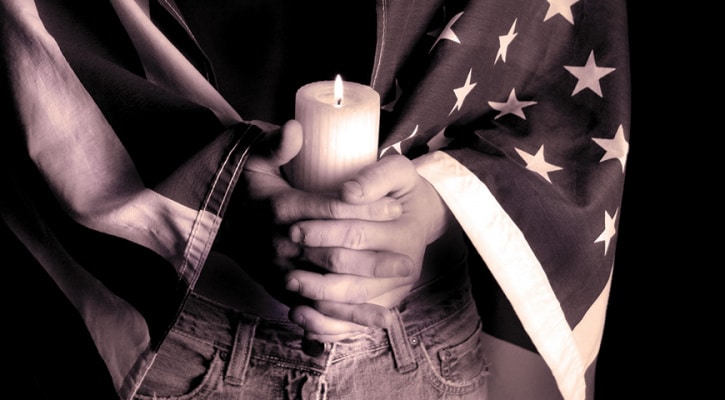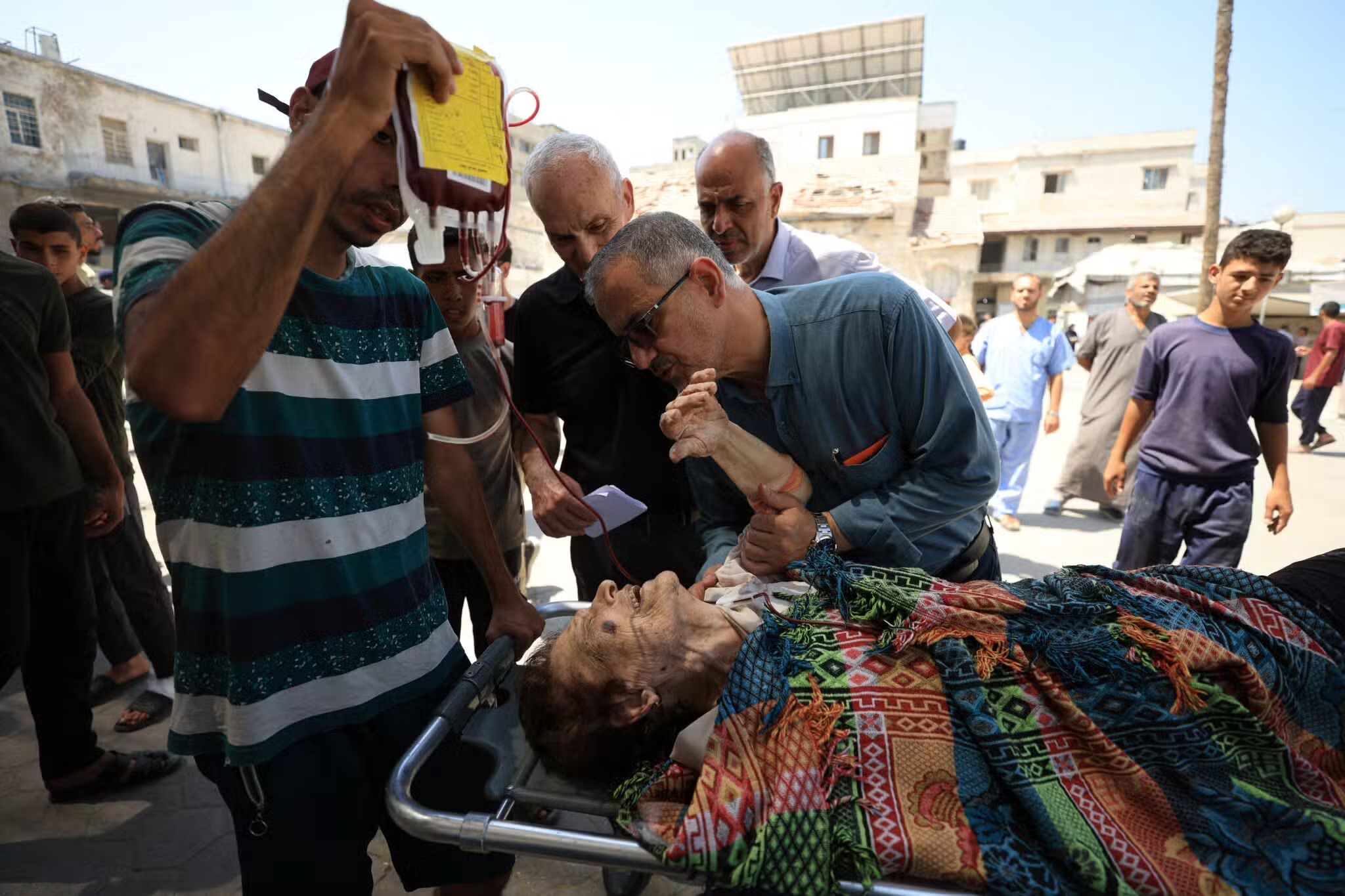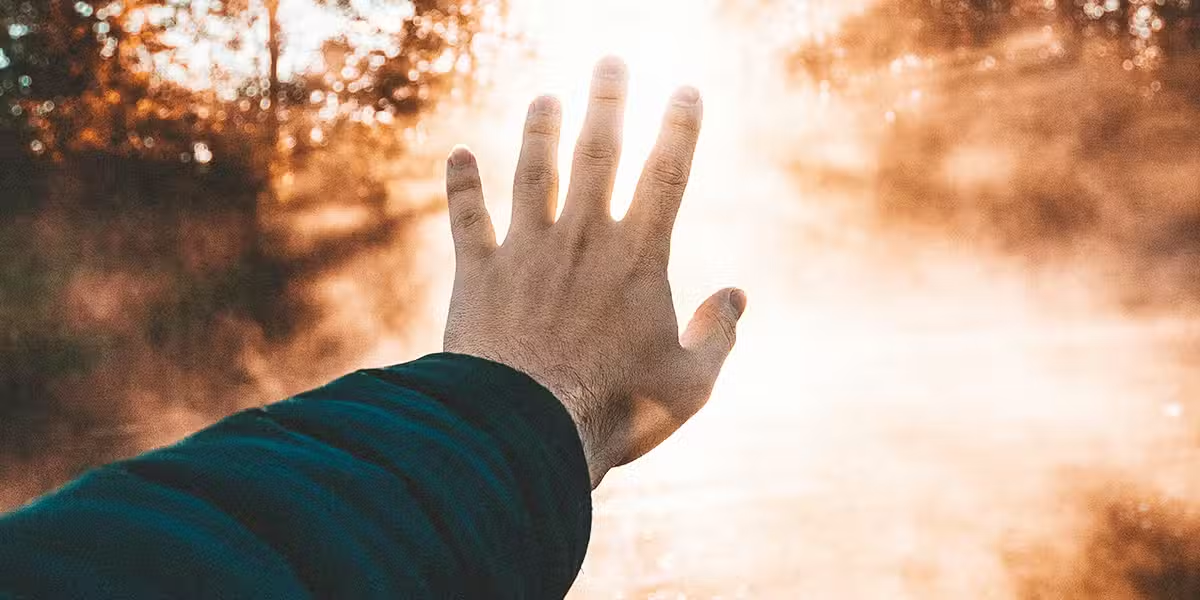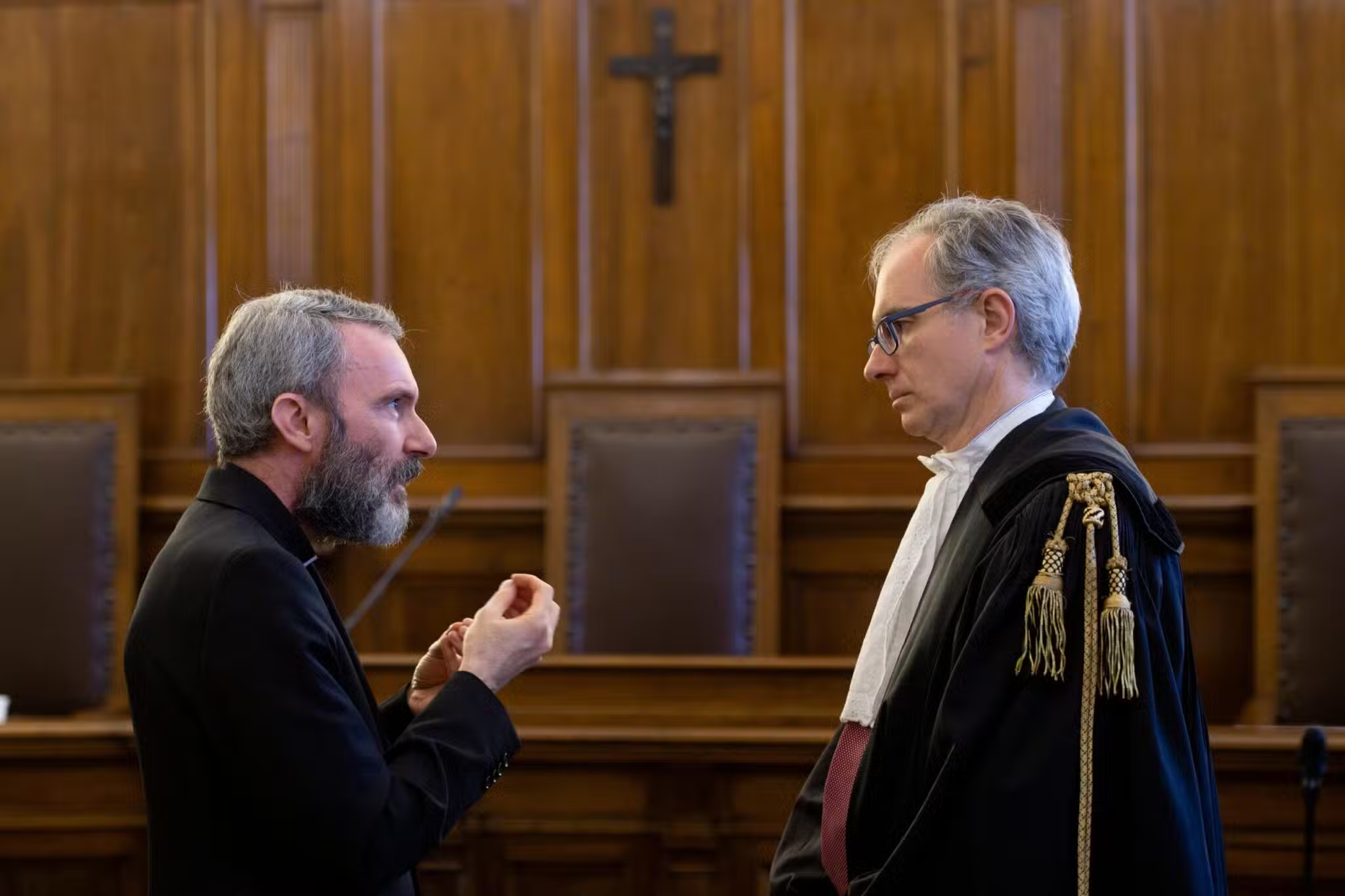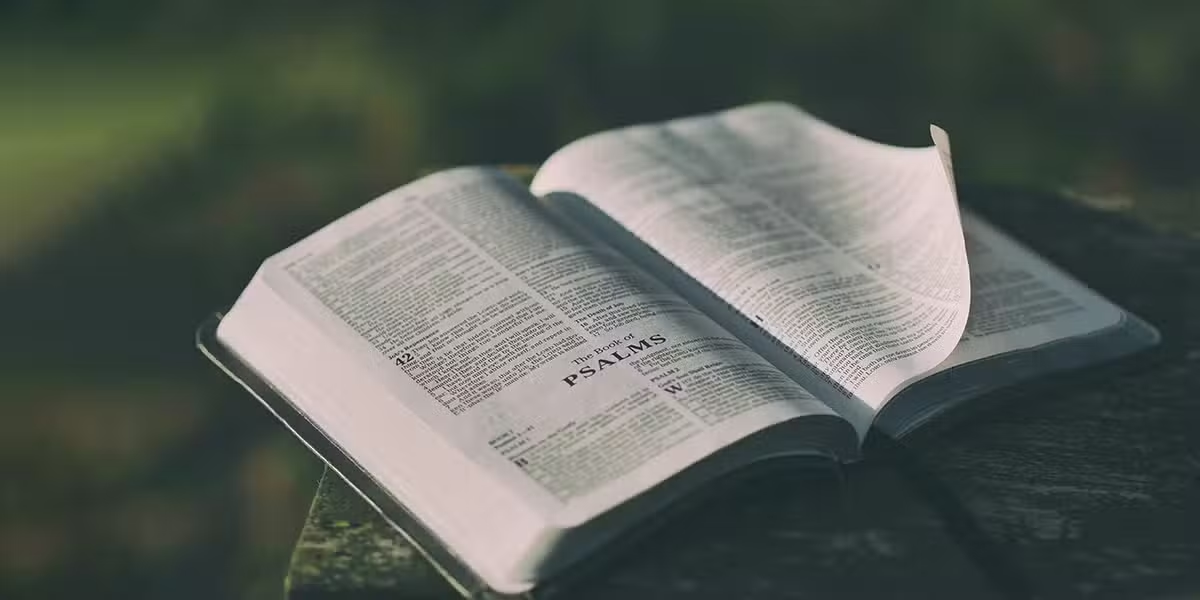Howard Unruh woke up on the morning of September 6, 1949, with a plan. After breakfast, the 28-year-old went for a walk in his Camden, New Jersey, neighborhood with a Lugar and an eight-round magazine. In less than 15 minutes, he shot 16 people indiscriminately; 13 would die from their injuries. Mass shootings predate this rampage, but none were as deadly. Unruh, it seems, started a trend.
As this is being written, on the 153rd day of the year, there have been 213 mass shootings in this country. Let that sink in: Gun violence is outpacing the days of the year. The recent mass shootings in Buffalo, New York, Uvalde, Texas, and Tulsa, Oklahoma, are giving credence to experts, who say 2022 could be the deadliest on record.
FedEx buildings, grocery stores, schools, hospitals, even wakes have become killing fields. “America the beautiful” has developed an ugly problem.
Hard Truths
When COVID-19 seemed like it was positioned in our rearview mirror at the end of winter, Americans should have rejoiced. Instead, we got aggressive. Reports show that gun violence spiked in the early spring and has been rising ever since. In the first five months of the year, in fact, over 8,000 people died from gun violence. Given how these attacks always peak in the summertime, firing weapons might replace baseball as our national pastime.
But how do we define the problem? The Gun Violence Archive, a nonpartisan think tank in Washington, DC, says that mass shootings are an American phenomenon and defines it as a gun-related incident where there are “four victims shot, either injured or killed, not including any shooter.” Other forms of gun violence, such as suicide, person-to-person, or domestic violence are categorized differently.
In the wake of these tragedies, voices inevitably rise to a howl. Second Amendment apologists blame mental illness for the epidemic, but according to the National Alliance on Mental Health (NAMI), it’s a weak argument. “Most people with mental health conditions will never become violent, and mental illness does not cause most gun violence,” NAMI reports. “Mental illness contributes to only about 4 percent of all violence, and the contribution to gun violence is even lower.”
While the Constitution is clear that “the right of the people to keep and bear arms shall not be infringed,” it was written long before assault weapons and bump stocks, nor does it advise Americans on gun trafficking, background checks, or legislation. In June of 2021, the state of Texas allowed for handgun ownership without a license, despite the objections of law enforcement organizations and gun control advocates. Other states, such as Iowa, Montana, and Tennessee have passed similar gun laws.
And for what? Firearms, statistically, do not make us safer. According to a review in the Annals of Internal Medicine, even a properly stored firearm in the home doubles the risk of homicide and triples the risk of suicide.
While gun rights should be protected for responsible owners (the vast majority of whom will never commit acts of mass violence), the right to stay alive is a higher priority. Put simply: Your right to carry a gun does not outweigh my right to not be killed by one.
Love Held Back
The Church is clear on this issue. In their 2020 document, “A Mercy and Peace-building Approach to Gun Violence,” the US bishops said that the Church “recognizes that recourse to self-defense is legitimate for one’s own safety. In today’s world, however, weapons that are increasingly capable of inflicting great suffering in a short period of time are simply too accessible.”
Accessibility is only one aspect of the crisis. There are others, including poverty, racial inequities, drugs, the mass media—the list is long. But ambivalence to human life should be included.
Indifference eats away at our culture, but it’s hardly a 21st-century invention. Unruh, the New Jersey shooter, was analyzed by doctors who looked for a motive and a measure of humanity. They would find neither. In one session, Unruh told a psychologist his only regret was a lack of ammunition. He is reported to have looked at his doctor vacantly and said, “I’d have killed a thousand.”
Apathy is alive and well in this century—and it’s armed. But love is stronger, even when it’s neglected.
Poet and historian Aberjhani wrote that the “world’s anguish is no different from the love we insist on holding back.” These words ring true: When one person decides to end the lives of others, love is held back. When the body of Christ is shot, it’s a shared wound. We all feel it. And the bleeding needs to stop.

